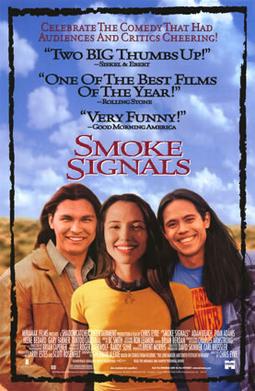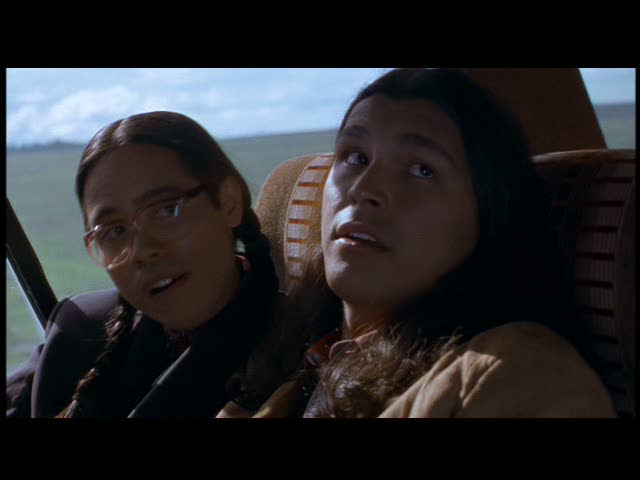In the first chapter of the book Your Edentity, Stephanie Vie explains the effect of technology on communication, culture, and how profitable communication in society is. Towards the beginning of the book, Vie explains how much communication through technology effects peoples values and personalities by exposing them to new information quickly. "...media effects can also be far more significant, such as changing a person's cultural attitudes and behavior. This later more complex effect causes many people to be disturbed by the mass media and their influences on our culture. Concern about excessive sex and violence in the media and their influences on our culture" (Vie 13). People stay connected online to the point where in person connection has decreased exponentially over the past 15 years. Vie towards the middle of this chapter conveys that the way we communicate through technology is a powerhouse for profits. "The mass media are the channels used in mass communication. In addition to providing information and entertainment, U.S. mass media are in the business of making money, earning more than $150 billion by the end of the 20th century" (Vie 18). It makes sense that communication through technology is a multi-billion dollar power structure because it's a human trait to want to be connected. Neil deGrasse Tyson conveys this point further through the use of science. "I look up–many people feel small because their small and the universe is big, but I feel big because my atoms came from those stars...is a level of connectivity. That's really what you want in life, you wanna feel connected, you wanna feel relevant, you wanna feel like you're a participant in the goings on of activities and events around you. That's precisely what we are, just by being alive" (Tyson). The internet that is used by billions of users everyday, is an easy way to stay connected with everything in the world including billions besides you using it. 










